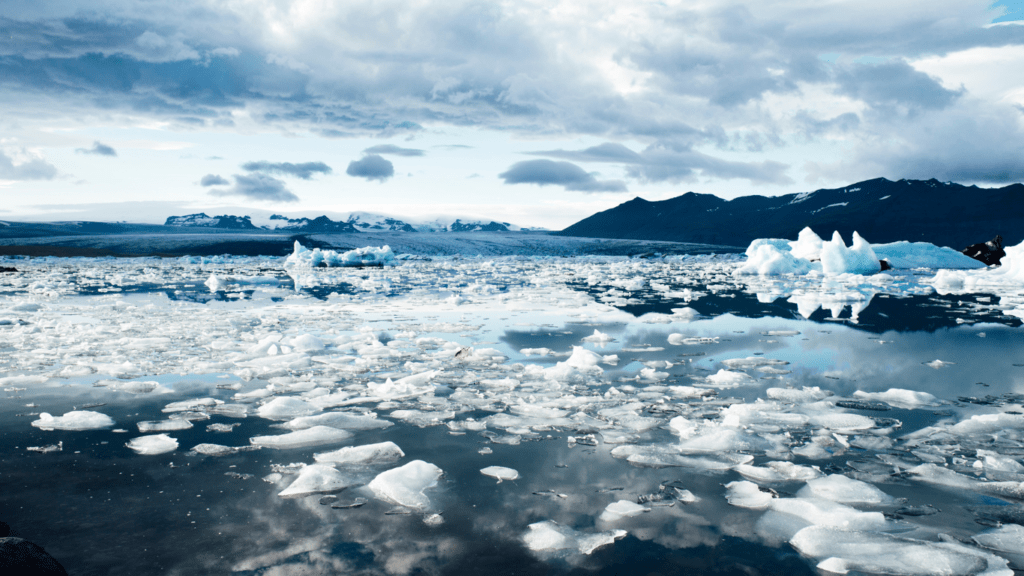As a seasoned blogger, I’ve delved into various topics, but few are as pressing as the impact of climate change on tourism. The changing climate is not just a distant concern; it’s reshaping the way we travel and experience the world. From melting glaciers to more frequent extreme weather events, the effects of climate change are increasingly evident in popular tourist destinations.
In this article, I’ll explore how rising temperatures, sea-level changes, and natural disasters are altering the tourism landscape. As travelers, we must understand the significant shifts occurring in our favorite vacation spots. Climate change isn’t just a threat to the environment; it’s a disruptor of the tourism industry as we know it. Join me as we uncover the challenges and opportunities that lie ahead for the intersection of climate change and tourism.
The Impact of Climate Change on Tourism
Traveling to destinations impacted by climate change can lead to significant disruptions in the tourism industry. Recognizing the vulnerabilities of these locations is crucial for both tourists and local economies.
Tourism in Vulnerable Destinations
Exploring travel options in vulnerable destinations requires careful consideration of the environmental risks posed by climate change. Being aware of the specific challenges faced by these areas can help tourists make informed decisions and support sustainable tourism practices.
Economic Consequences for Popular Tourist Locations
Popular tourist locations are not immune to the economic consequences of climate change. With shifting weather patterns and extreme events affecting these areas, businesses reliant on tourism revenue may face challenges in maintaining profitability. Supporting sustainable initiatives and adapting to changing conditions can help mitigate economic losses in these key travel destinations.
Adaptation Strategies in the Tourism Industry
Adaptation in the tourism industry is crucial to mitigate the impacts of climate change and ensure sustainability. Implementing strategies that focus on sustainable practices and technological innovations is key to safeguarding the future of tourism in a changing climate.
- Promoting Sustainable Tourism Practices
I prioritize advocating for sustainable tourism practices to reduce the industry’s environmental footprint. Encouraging responsible travel behaviors, such as minimizing waste generation, supporting conservation efforts, and respecting local cultures, can help preserve destinations for future generations. Sustainable tourism not only protects the environment but also enhances the overall visitor experience by promoting authenticity and ethical travel choices. - Technological Innovations to Combat Climate Challenges
I embrace technological advancements as tools to combat climate challenges in the tourism sector. Utilizing innovations like energy-efficient infrastructure, water conservation systems, and digital solutions for monitoring environmental impacts can significantly reduce the carbon footprint of tourism activities. Embracing technology enables the industry to adapt to changing climate conditions while enhancing efficiency and sustainability practices.
Case Studies of Climate Change Impact

As I delve into specific examples of how climate change affects various tourism sectors, it’s evident that coastal tourism is significantly impacted. Rising sea levels, increased coastal erosion, and more frequent extreme weather events pose challenges to coastal destinations worldwide.
Impact on Coastal Tourism
In coastal regions, the effects of climate change are acutely felt. For instance, popular beach destinations like Miami Beach are experiencing sea-level rise, leading to saltwater intrusion, beach erosion, and threats to coral reefs. These environmental changes not only jeopardize the natural beauty of the locations but also disrupt local economies heavily reliant on tourism.
Challenges Faced by Winter Sports Destinations
Similarly, winter sports destinations face unique challenges due to climate change. Warmer temperatures and reduced snowfall durations impact ski resorts in regions like the Alps. Resorts are forced to invest in snow-making technologies and diversify their offerings to adapt to changing weather patterns. The decreased snow cover not only affects the ski industry but also impacts local businesses and communities dependent on winter tourism.
In highlighting these case studies, it becomes clear that climate change is reshaping tourism landscapes, necessitating proactive measures to mitigate its effects and ensure the sustainability of the industry.
Government and Policy Responses
When it comes to addressing the challenges posed by climate change on tourism, governments and policymakers play a crucial role in implementing regulatory measures and fostering international cooperation through climate agreements. These actions are vital in supporting sustainable tourism practices and mitigating the impacts of environmental changes on the travel industry.
Regulatory Measures to Support Sustainable Tourism
Governmental bodies worldwide have been implementing regulatory measures to promote sustainable tourism practices in the face of climate change. These measures include setting guidelines for eco-friendly accommodations, incentivizing the use of renewable energy sources in the hospitality sector, and establishing protected areas to conserve natural landscapes and biodiversity. By enforcing regulations that prioritize environmental conservation and sustainable development, governments can help safeguard tourist destinations from the adverse effects of climate change while ensuring the long-term viability of the tourism industry.
International Cooperation and Climate Agreements
International cooperation plays a significant role in addressing the global challenges of climate change on tourism. Through climate agreements like the Paris Agreement, countries collaborate to reduce greenhouse gas emissions, mitigate the impacts of climate change, and promote sustainability in various sectors, including tourism. By fostering partnerships and sharing best practices on climate adaptation and mitigation strategies, nations can work together to protect vulnerable tourist destinations, preserve natural resources, and promote responsible tourism practices on a global scale.


